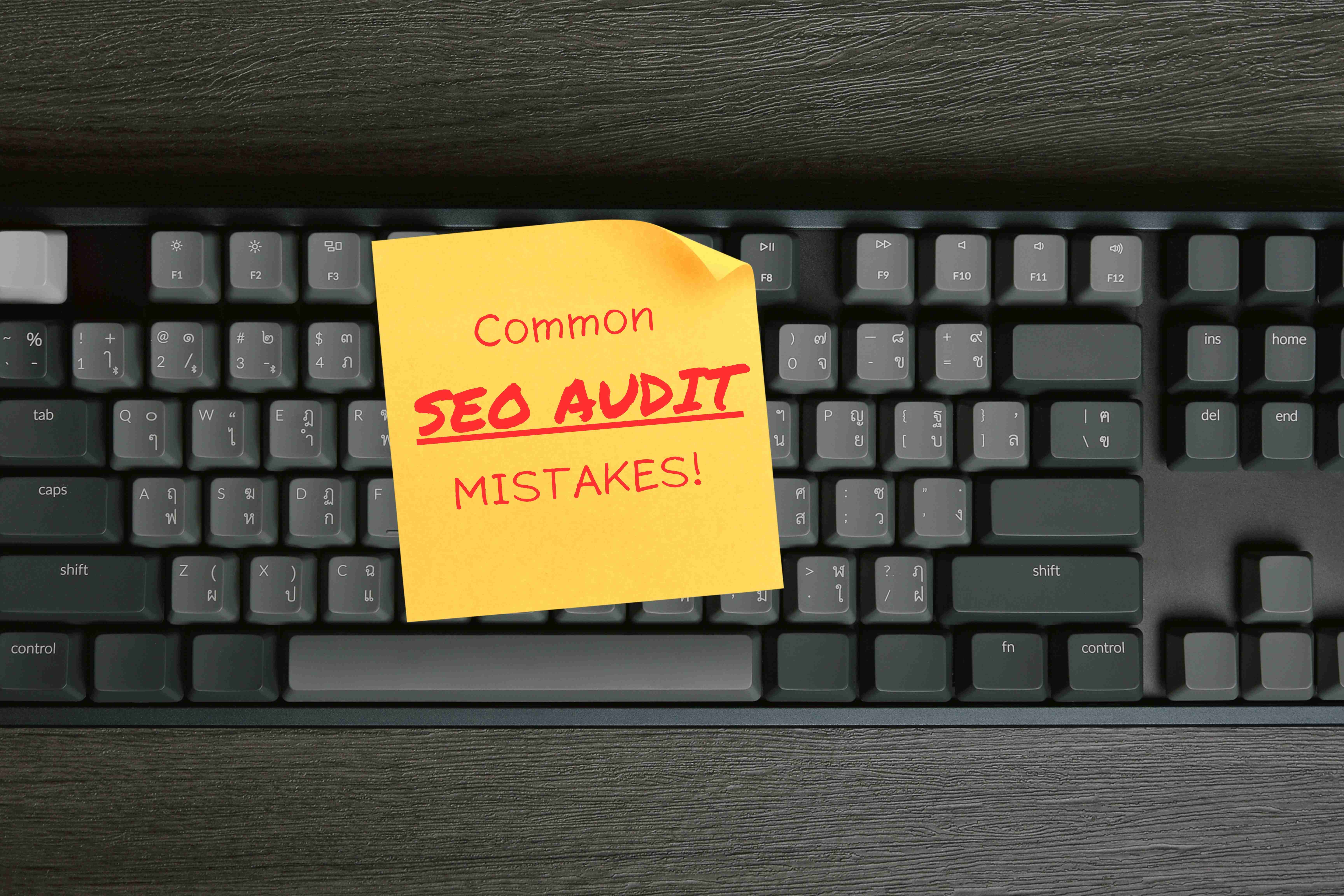Table of Contents
- Introduction
- Benefits of a Content Calendar for SEO
- Steps to Create an Effective Content Calendar
- Latest SEO Trends Relevant to Content Planning
- Conclusion
- About Don Hesh SEO
Introduction
A well-structured content calendar is a cornerstone of successful SEO strategies for businesses aiming to enhance their online store’s visibility and drive organic traffic. By planning and organizing content strategically, businesses can ensure consistent delivery of valuable information that resonates with their audience and boosts search engine rankings. This article explores the importance of a content calendar for SEO, provides actionable tips on creating one, and discusses the latest SEO trends relevant to content planning.
Benefits of a Content Calendar for SEO
A content calendar offers several advantages for SEO:
- Consistency: Ensures regular publishing of high-quality content.
- Organization: Helps in planning content around key events and trends.
- Keyword Optimization: Facilitates strategic use of keywords and topics.
- Efficiency: Streamlines content creation and publishing processes.
- Metrics Tracking: Allows monitoring of content performance and adjustments.
Steps to Create an Effective Content Calendar
Set Clear Goals and Objectives
Define specific goals for your content strategy, such as increasing website traffic, improving engagement, or boosting conversions. Align these goals with your overall business objectives to ensure your content efforts contribute directly to business growth.
Conduct Keyword Research
Perform thorough keyword research to identify relevant terms and phrases your target audience uses to search for products or services. Incorporate these keywords strategically into your content calendar to optimize for search engines and attract organic traffic.
Plan Content Types and Formats
Diversify your content types and formats to cater to different audience preferences and platforms. Consider using blog posts, videos, infographics, podcasts, and social media updates to engage with your audience effectively and enhance SEO performance.
Create a Schedule and Timeline
Establish a realistic publishing schedule and timeline for your content calendar. Balance frequency with quality to maintain consistency and keep your audience engaged. Use tools like editorial calendars or project management software to manage deadlines and workflows efficiently.
Assign Responsibilities
Delegate responsibilities to team members or collaborators involved in content creation, editing, publishing, and promotion. Clearly define roles and expectations to ensure smooth execution and adherence to the content calendar.
Review and Adapt
Regularly review your content calendar’s performance using analytics and feedback. Measure key metrics such as traffic, engagement, and conversions to assess effectiveness. Adapt your strategy based on insights to optimize future content planning and improve SEO outcomes.
Latest SEO Trends Relevant to Content Planning
Topic Clusters and Pillar Pages
Organize content around topic clusters and pillar pages to enhance SEO authority and relevance. Link related content pieces together to strengthen topical authority and improve search engine rankings for core topics.
E-A-T (Expertise, Authoritativeness, Trustworthiness)
Focus on establishing E-A-T principles in your content to build trust and credibility with your audience and search engines. Demonstrate expertise, authority, and trustworthiness through high-quality, well-researched content that addresses user needs.
Content Experience and User Engagement Metrics
Prioritize content experience and user engagement metrics such as dwell time, bounce rate, and social shares. Create engaging, interactive content that captivates your audience and encourages longer sessions on your website, signaling relevance and value to search engines.
Content Repurposing and Optimization
Repurpose existing content into different formats and optimize it for various platforms and channels. Maximize the reach and impact of your content by adapting it to different audience preferences and consumption habits.
Conclusion
A well-planned content calendar is a fundamental tool for enhancing SEO performance and achieving business objectives. By setting clear goals, conducting keyword research, planning diverse content types, creating a structured schedule, assigning responsibilities, and adapting based on performance insights, businesses can drive more organic traffic and improve online visibility. Stay updated with the latest SEO trends to ensure your content planning strategies remain effective and aligned with industry best practices.
About Don Hesh SEO
Don Hesh SEO is your trusted partner for enhancing your online presence. As an SEO Consultant and Google Ads Consultant, we specialize in helping businesses improve their search engine rankings and drive more organic traffic. With our expert guidance and tailored strategies, you can achieve your SEO goals and grow your business. Contact us today to learn more about how we can help you succeed in the digital landscape.



